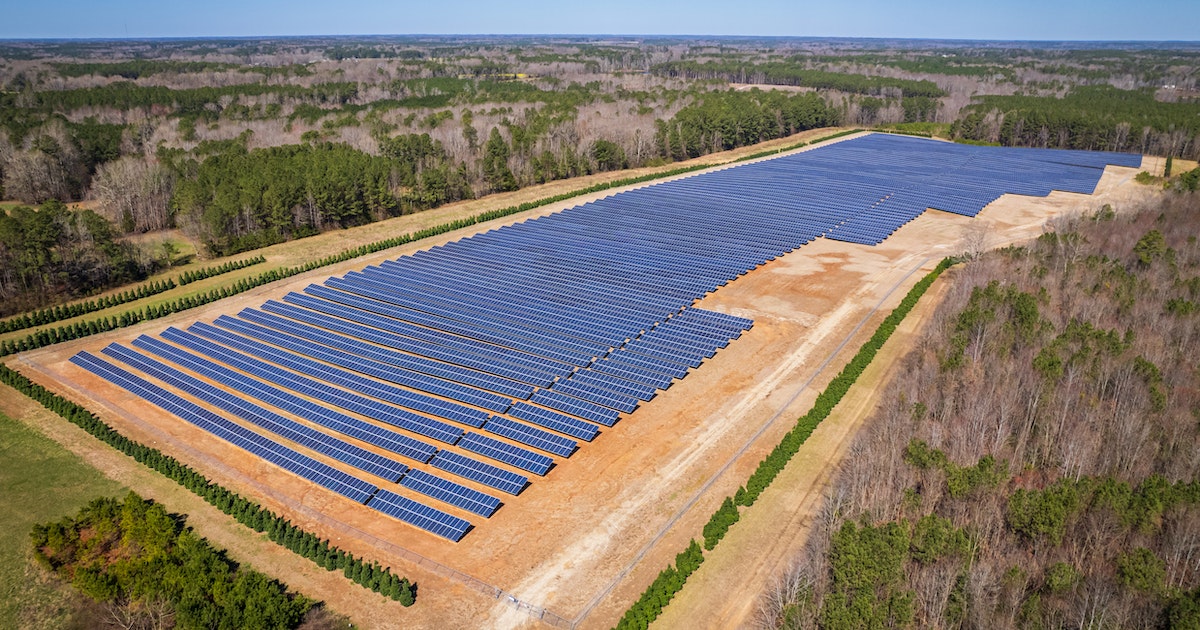The availability of several bids also provides an opportunity to examine and contrast various options for equipment and methods of installation. One of the most often overlooked aspects of a solar installation is the means by which the racking is fastened to the roof and rendered watertight.
When it comes to more difficult roofing materials like clay tile, the experience levels of solar installers might vary widely. Any money you save by switching to solar power could be lost if the solar panels are improperly installed and leak water into your home.
It is also vital that you inquire as to the means by which your installer will prevent the installation from resulting in a downpour in your living room. One way to determine a good contractor from a bad one is to compare how they respond to your questions. A poor contractor would be dismissive and offer you imprecise answers, whereas a good contractor would be patient and answer all of your concerns thoroughly.
There are a ton of other inquiries you need to make. Check out the checklist at the bottom of this article for some more tips.
Choose a business carefully, and never based solely on pricing.
While it’s understandable to want to cut costs wherever possible, choosing the cheapest solar photovoltaic system quote could end up costing you more in the long run. The quality of equipment and setup might vary significantly. It’s possible that the most affordable installer will also turn out to be the best, but you won’t know for sure unless you get estimates from many businesses and conduct some background research. Yet, you shouldn’t assume that you’ll get better results by hiring the most expensive installation.
Do not sign any leases or PPAs.
Major solar installers like Sunrun and Vivint Solar aren’t necessarily eager to make a sale. Finance options like solar leases and power purchase agreements are typically used to encourage you to rent a system instead (PPAs). With these financial products, they make more money and you make less.
Escalator clauses, which cause your electricity bill to rise every year even if your utility company doesn’t, are one of the many ways in which these financial instruments hurt customers. Nevertheless, many of these major national installers have received low ratings and even been sued by state governments.
A large majority of homeowners (about one-third) opt for one of these financing methods, making this a complex and consequential issue. We reviewed several companies, such as Sunrun and Vivint Solar, and prepared a comprehensive post on leases and PPAs to address this topic in detail.
